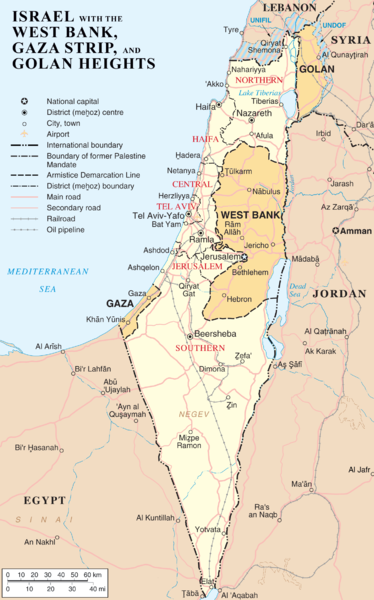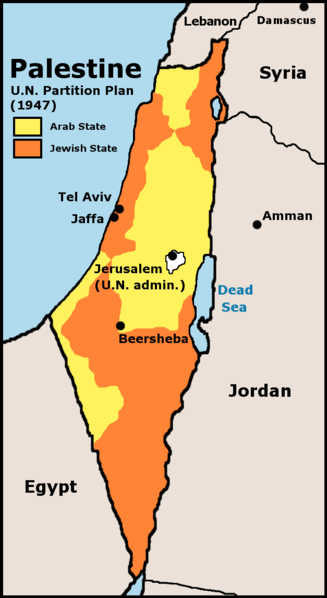Music is very important in my life. It serves as an inspiration, a cure, and a force that acts as a soundtrack to my world. The music I listen to when I'm working, writing, and living greatly influence my mood and my response to my surroundings. I very much enjoy country music, some rap, and just about everything in between.
Music helps me define myself as a person because it defines where I go (concerts), who I will go with (friends that like the same music), as well as the way I respond to problems and events that come up in my life. I've often been listening to a song and relating it to my life. Music provides a coping strategy as well.
Music is important in conflict because it helps people express themselves, give answers to each other. and keeps the situation calm. Because people can channel their grief, happiness, and anger all into their music, it keeps the situation more calm as well as allows for growth.

